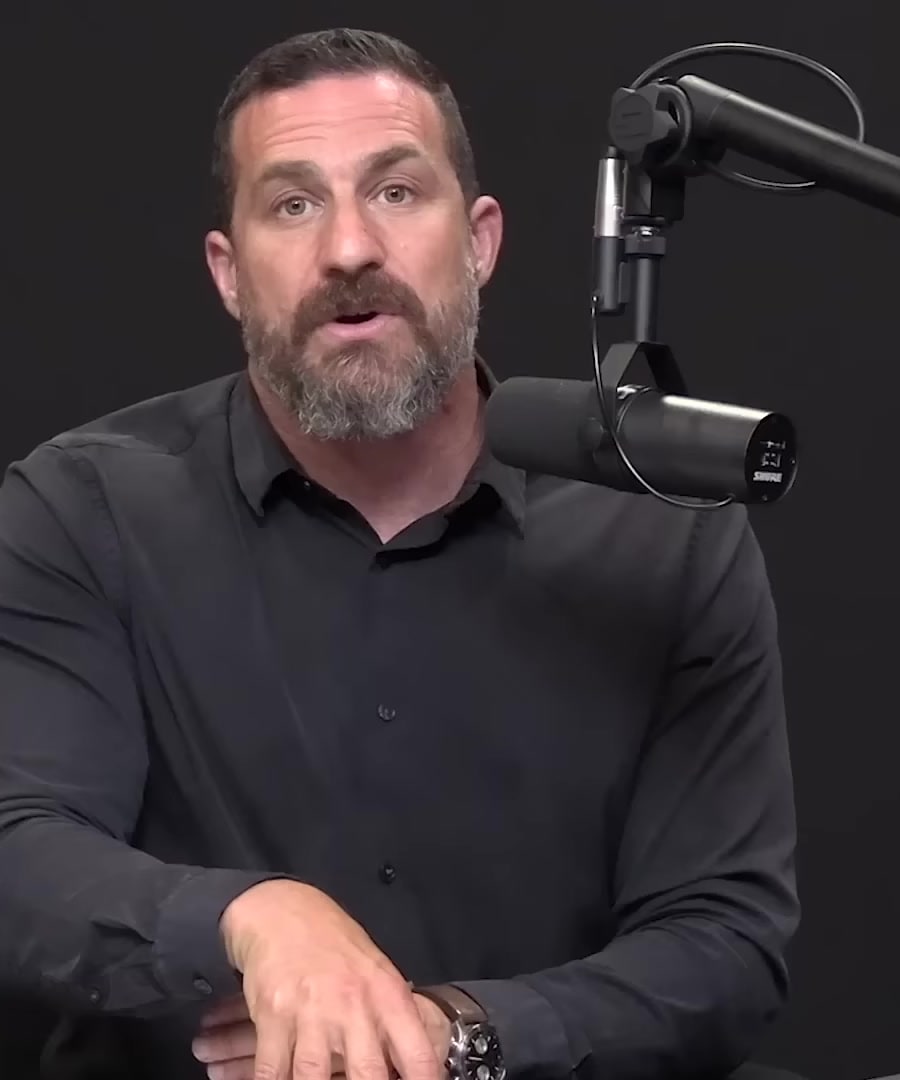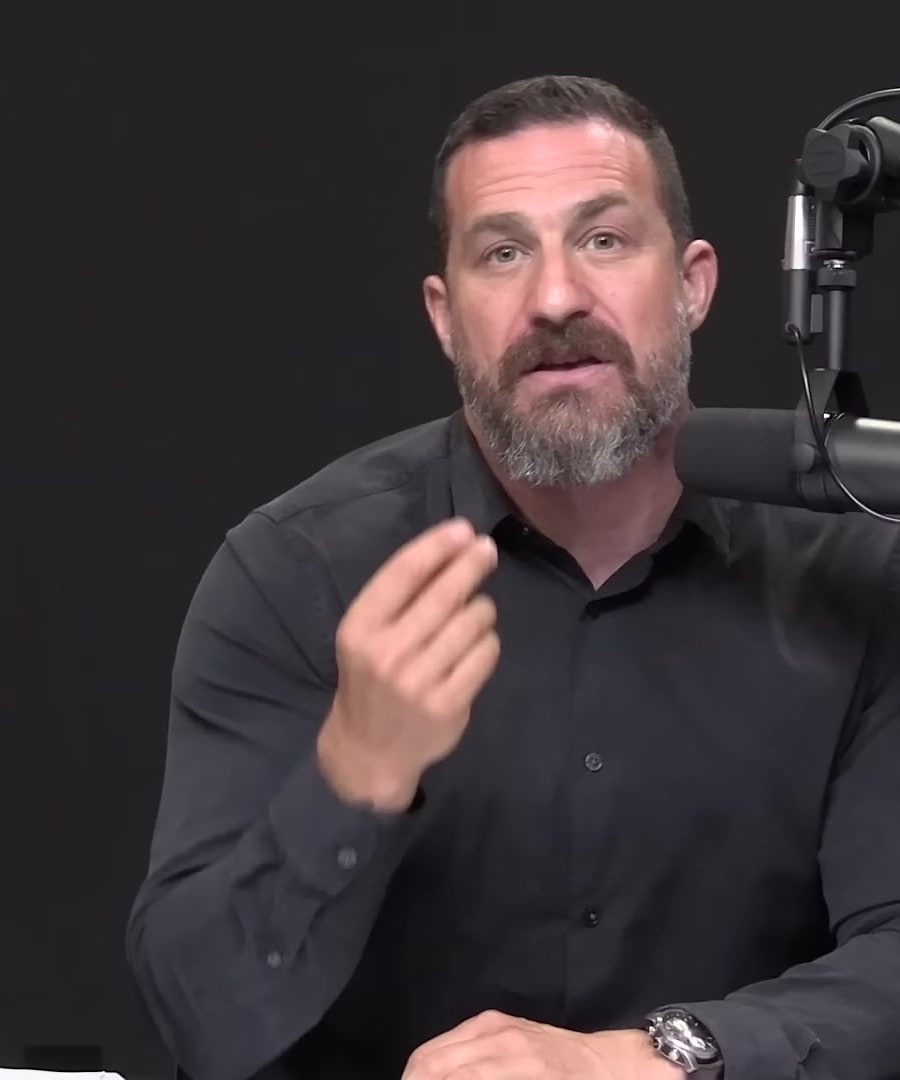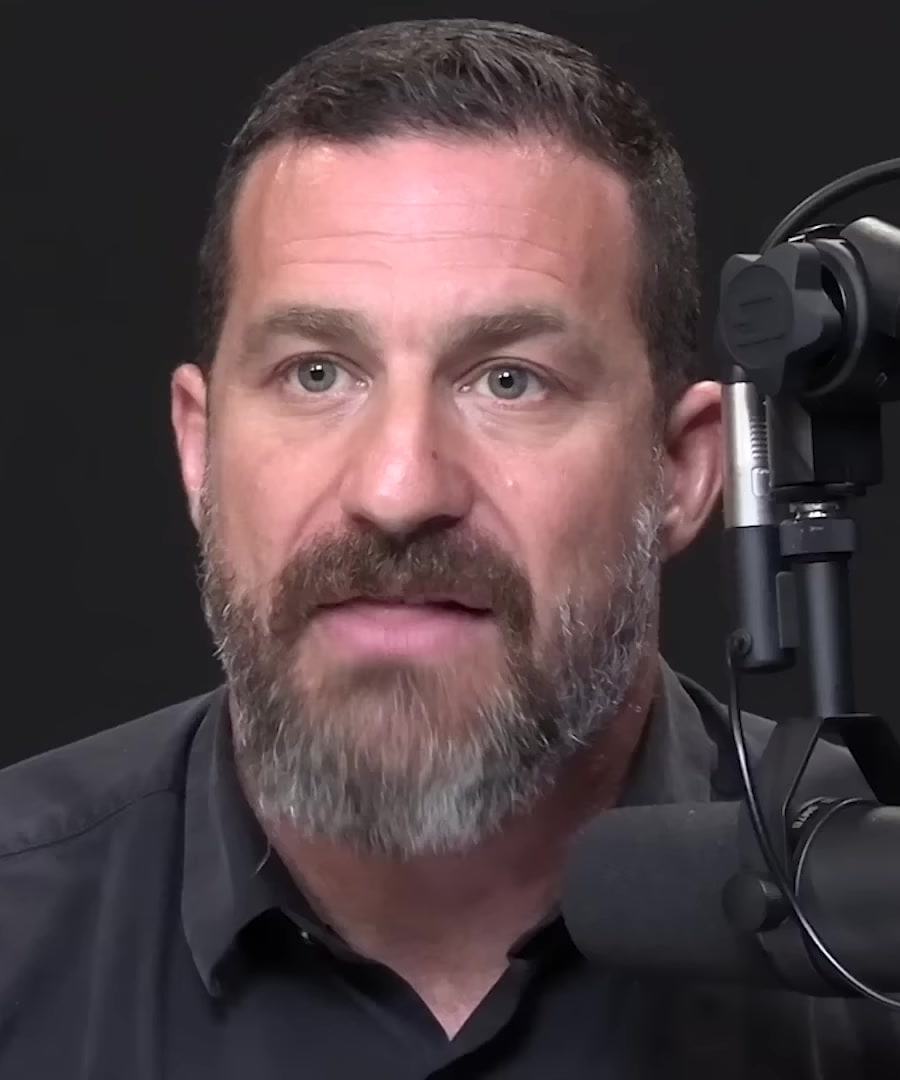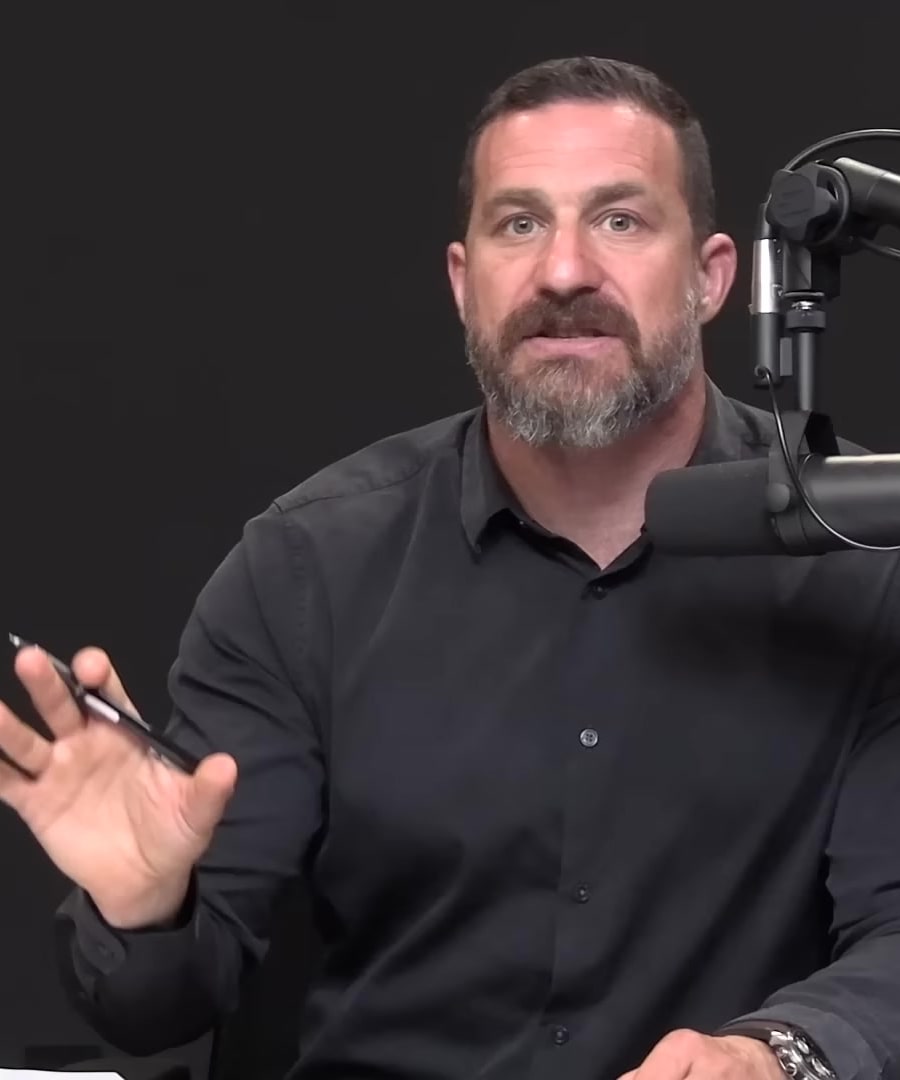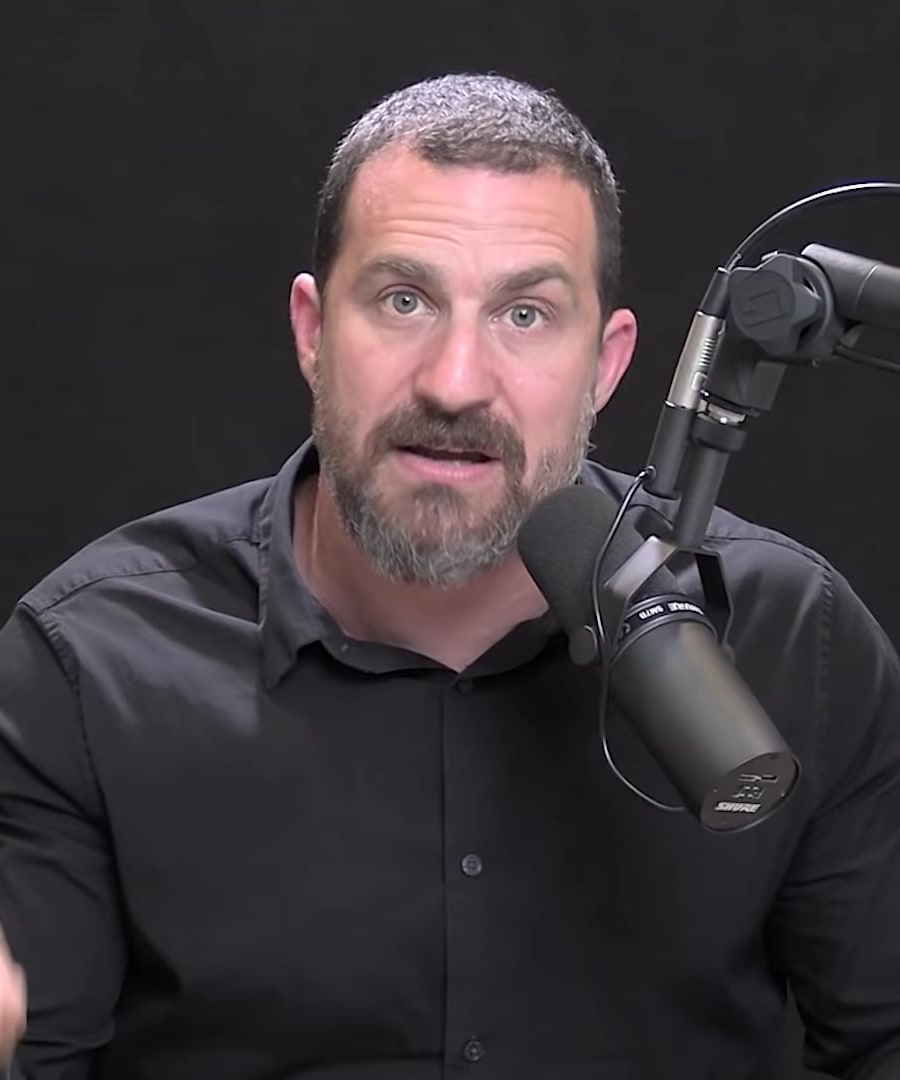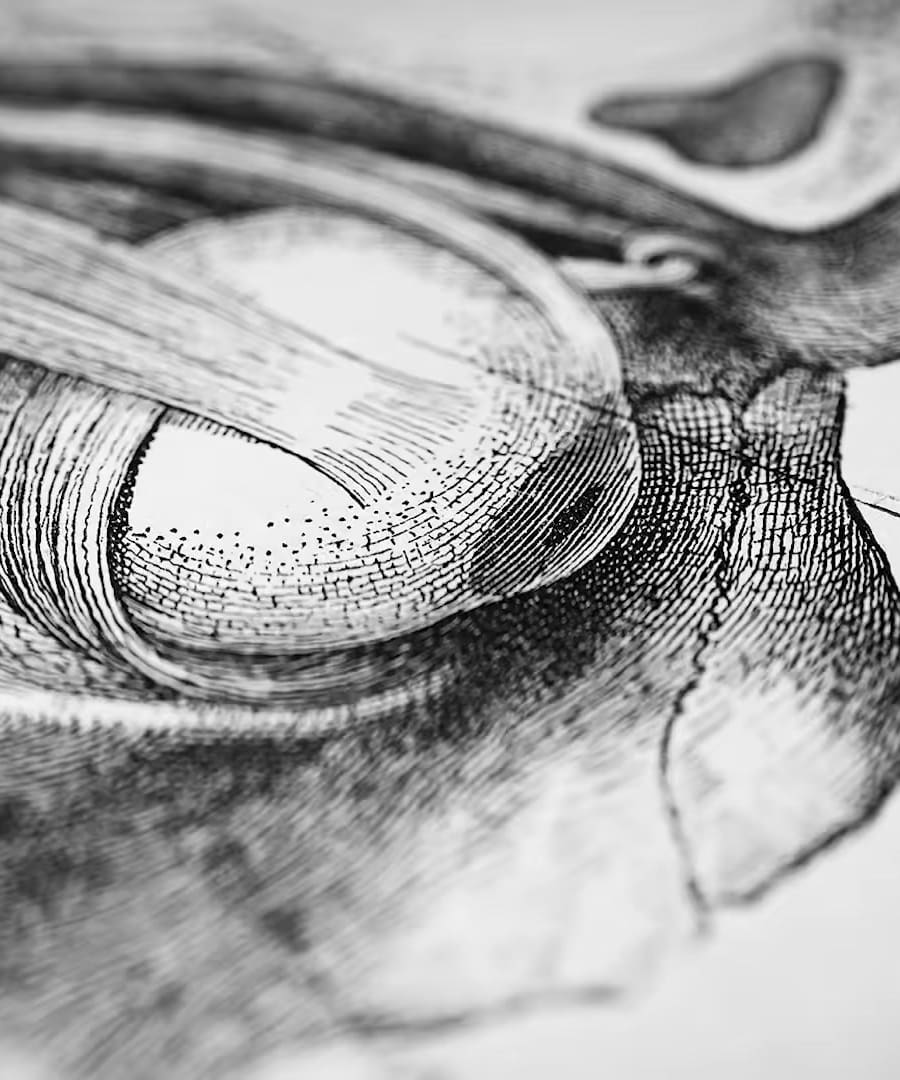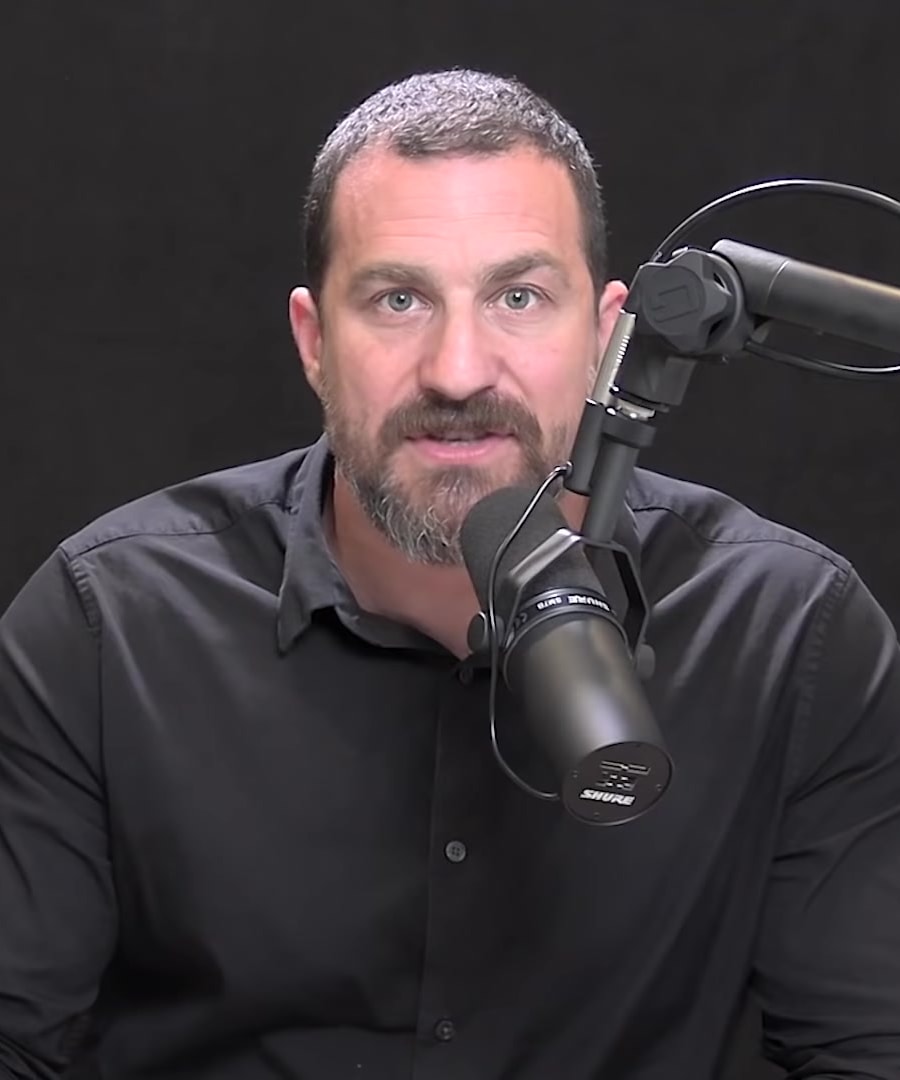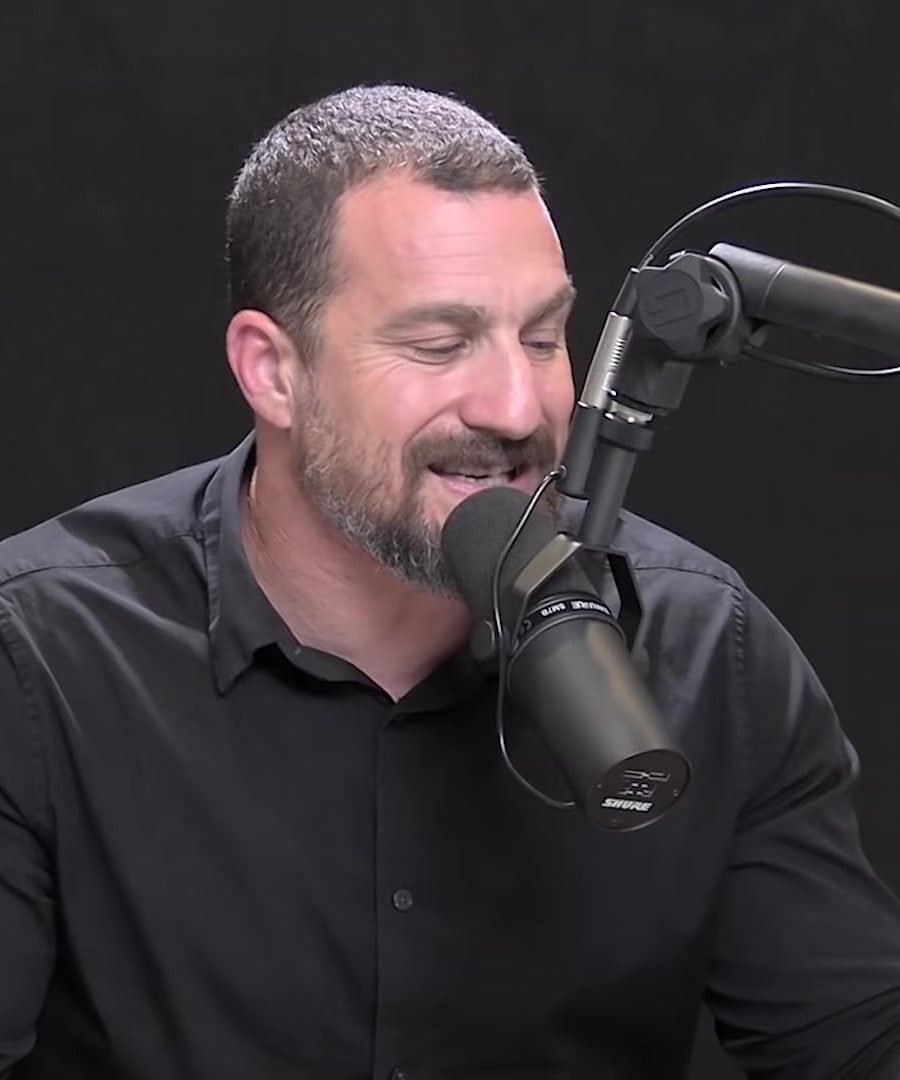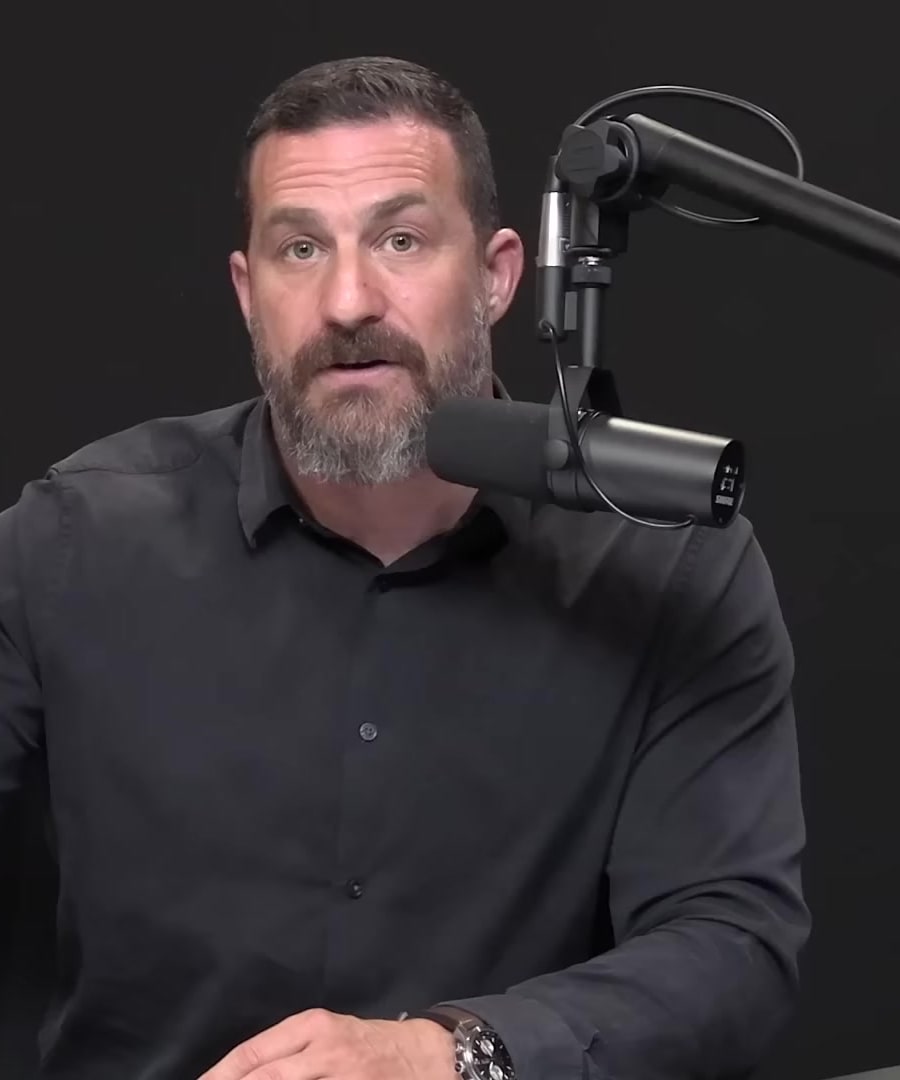How to manage ADHD as an adult?
Sources:
Managing ADHD as an adult involves a multifaceted approach that includes medication, behavioral therapy, and lifestyle changes. Here's what has discussed on the regarding managing ADHD:
-
Medication for ADHD: Certain medications that stimulate the release of dopamine and norepinephrine can help adults with ADHD to reduce hyperactivity and improve focus. However, the appropriate dose of these sympathomimetics is crucial and can vary between individuals. Taking the drugs in patterns (e.g., on weekdays with breaks on weekends) was originally suggested for children but has been applied to adults as well 1. The benefits of these medications can impact focus and the ability to undergo neuroplastic changes for better brain network function even after cessation of the drug 2. The risks associated with ADHD medications involve the potential for increased anxiety, cardiovascular risk, and other side effects if not taken at the correct dosage prescribed by a board-certified physician 3. Combining ADHD medication with substances like alcohol can be harmful, and overall it's stressed that minimal effective dosage is sought for safety 4.
-
Behavioral Tools: Behavioral interventions can complement medical treatment. For instance, the use of fidget toys or physical movements (like tapping feet or bouncing knees) can help manage the physical energy and increase focus for both children and adults with ADHD 5.
-
Lifestyle Changes: A comprehensive approach to managing ADHD may also involve aspects like diet, regular exercise, and possibly supplementation, although specific advice on diet and supplementation was not covered in these clips.
-
Technology: Emerging brain-machine interface devices like transcranial magnetic stimulation have potential applications in rewiring the brain for better focus. However, specifics were not provided in the retrieved clips 6.
also emphasizes the importance of diagnosing ADHD through a psychiatrist or well-trained clinical psychologist, instead of self-diagnosing, due to the subjective nature of symptoms and the potential for them to vary over time 7. The genetic components of ADHD and its impact on neural circuits are also discussed, along with the importance of understanding the diversity of symptomology within ADHD 7. Lastly, whether or not someone has ADHD, it is possible to improve attention and focus through various interventions 6.
Remember that managing ADHD as an adult should be personalized and done under the supervision of healthcare professionals, and any information provided should be discussed with a doctor before implementing changes in one's treatment or management plan.
RELATED QUESTIONS-
Who are some experts on ADHD that I can learn from?
Sources:
Here are some experts on ADHD and related neuroscience fields whose insights you might find valuable:
-
: As a professor of psychiatry at Stanford University and an expert in neuroplasticity, he has contributed significantly to understanding how the brain changes in response to learning and rewarding experiences.
-
: The chief of the Stanford Addiction Medicine Dual Diagnosis Clinic and known for her work on modern addiction, her expertise may provide insights into aspects of ADHD that overlap with addiction.
-
: A professor of neuroscience at Johns Hopkins University, he is known for his contributions to the field of brain evolution and may have perspectives on the neurological underpinnings of ADHD.
-
: His research at UC Berkeley into brain mechanisms underlying cognition and memory can provide a deeper understanding of the cognitive aspects of ADHD.
-
: A professor of biology, neurology, and neurosurgery at Stanford University, his work on the effects of stress and his extensive knowledge of neuroendocrinology could be relevant for understanding ADHD in the context of stress responses.
Each of these individuals has appeared on the , where they might have shared their insights on areas closely connected to ADHD. Always consult with a healthcare professional who specializes in ADHD for personalized advice and treatment options.
Thank you for your feedback!RELATED QUESTIONS-
Could you show me episodes with these experts on ADHD?
Here are episodes featuring experts on neuroscience, where they touch upon topics that may intersect with ADHD considerations:
-
- Dr. Robert Malenka discusses neuroplasticity and how the brain's reward circuitry drives choices, which can contribute to understanding ADHD-related behaviors.
-
- While this episode doesn't feature the experts you asked about, it directly addresses ADHD, discussing treatment options including stimulants like Adderall and Modafinil, as well as their short and long-term effects.
For insights from Anna Lembke, David Linden, Mark D'Esposito, and Robert Sapolsky on ADHD specifically, you might have to search for their individual work or check episodes of the where they discuss brain function and mental health topics relevant to ADHD.
RELATED QUESTIONS-
How does lifestyle affect ADHD and what changes can be beneficial?
Sources:
Lifestyle, particularly diet, can significantly affect ADHD symptoms. has talked about how eliminating simple sugars from the diet of children with ADHD has been observed to have a dramatic and positive impact. This effect has been noted repeatedly by a pediatric neurologist in dozens, if not hundreds, of cases, leading to improvements in response to medication or even helping some children avoid medication altogether 1.
While elimination diets are somewhat controversial, also mentioned the potential benefits of identifying and eliminating foods that exacerbate ADHD symptoms, although these specific foods may change over time. Diet can play a significant role to reduce or even eliminate the symptoms of ADHD, sometimes to the extent that medication may not be necessary, especially in children. It's suggested that as much as possible, children with ADHD should avoid high sugar and simple sugar foods. Another consideration is for individuals to investigate any existing food allergies 1.
The concept extends to adults as well, with the idea that modifying diet could potentially enhance focus and reduce symptoms of ADHD in adults, though this area is more controversial and complex. Omega-3 fatty acids are hinted at being another dietary consideration for managing ADHD symptoms 1.
RELATED QUESTIONSWhat are some other ADHD management strategies?
Sources:
In addition to dietary interventions like reducing sugar intake and incorporating omega-3 fatty acids, there are several other ADHD management strategies worth considering:
-
Prescription Medication: Medication can be an effective part of ADHD management. Early treatment with drugs like methylphenidate or amphetamines during childhood development can normalize brain circuits and increase dopamine transmission later in life 1. It is important for children diagnosed with ADHD to receive the correct dosage of medication and undergo an accurate diagnostic by a qualified psychiatrist 1. However, the decision to place a child on medication should be made carefully and is ideally done under the guidance of a qualified psychiatrist 2.
-
Behavioral Therapy: Combining medication with behavioral therapy is often the best approach for treating ADHD. Behavioral strategies and learning tools can help children with ADHD focus and be less impulsive, and this combination works especially well with drug treatments 1.
-
Nutritional Guidelines and Supplementation: Keeping up-to-date with the latest advancements in nutrition and supplementation can complement other ADHD treatments. Proper nutrition and potentially beneficial supplements can play a role in managing ADHD symptoms 1.
-
Education on ADHD: Understanding ADHD and its effects can also be beneficial. Awareness allows for a more informed approach to managing symptoms and creating supportive environments both at home and in educational settings.
-
Physical Exercise: Regular physical activity may also support better management of ADHD symptoms by improving concentration, working memory, and executive function.
-
Mindfulness and Stress Reduction: Practices such as mindfulness, meditation, and other relaxation techniques can be valuable for managing stress and improving attention.
Every individual's experience with ADHD is unique, and strategies need to be personalized. It's important to consult with healthcare professionals to create an effective plan that combines the right blend of treatments and interventions.
RELATED QUESTIONS-
How to manage ADHD as an adult?
- RELATED QUESTIONS
Who are some experts on ADHD that I can learn from?
- Thank you for your feedback!RELATED QUESTIONS
Could you show me episodes with these experts on ADHD?
- RELATED QUESTIONS
How does lifestyle affect ADHD and what changes can be beneficial?
- RELATED QUESTIONS
What are some other ADHD management strategies?
- RELATED QUESTIONS
